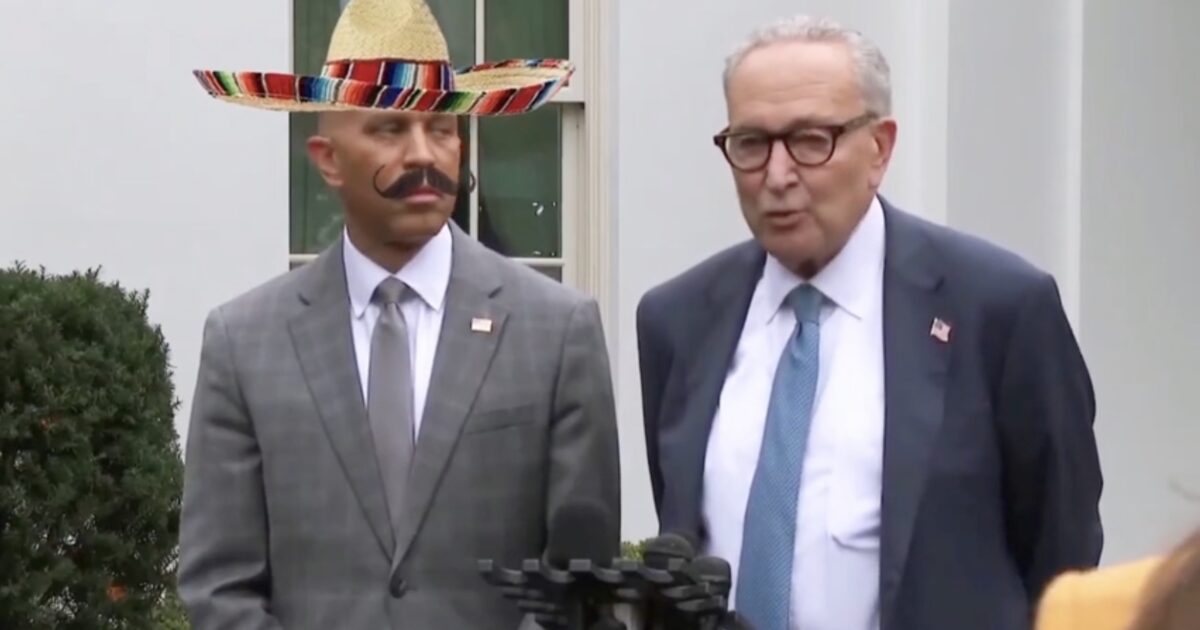A wave of fury erupted within the Democratic party Monday night as eight Senate Democrats broke ranks, voting to end a prolonged government shutdown. The move, perceived as a significant concession to Republicans, ignited a firestorm of criticism and accusations of betrayal.
While Senate Minority Leader Chuck Schumer wasn’t directly implicated in the negotiations that led to the deal, the blame quickly turned towards him. Lawmakers privately voiced concerns that he had failed to control the dissenting voices within his caucus, hinting at potential primary challenges to his leadership.
The core of the discontent stemmed from the terms of the agreement. The eight Democrats reportedly secured a promise from Republicans for a future vote on extending COVID-era Affordable Care Act subsidies. However, for many, a promise felt like a hollow victory, a postponement of crucial healthcare protections.

“It’s complete BS,” declared Representative Becca Balint of Vermont, her frustration palpable. “People need healthcare, damn it. Not some lame promise about a mythical future vote.” The sentiment was echoed across the House, with colleagues labeling the deal “lousy” and a “total failure to use leverage.”
The anger wasn’t confined to Capitol Hill. Progressive voices and activist groups condemned the agreement, arguing it would negatively impact millions of Americans. One organization stated the deal demonstrated a disconnect between lawmakers and the voters’ clear mandate for change.
Senator Bernie Sanders, a staunch independent voice within the Democratic caucus, directly criticized the eight Democrats who had sided with Republicans. He characterized their vote as a “very, very bad” decision, signaling a deep rift within the party over strategy and priorities.
Beyond the immediate political fallout, the deal sparked a broader debate about leadership within the Democratic party. Calls for Schumer to step aside grew louder, with some arguing he had lost the ability to effectively unite his caucus and fight for key Democratic principles.
Illinois Governor JB Pritzker dismissed the agreement as an “empty promise,” while Senator Adam Schiff of California asserted it did “NOTHING to address this Republican health care crisis.” The frustration was raw and public, amplified by social media and fueling a sense of betrayal among many Democrats.
Accusations even went further, with some suggesting Schumer had orchestrated the deal himself, then distanced himself with a last-minute “no” vote, allowing others to bear the brunt of the criticism. The claim, if true, painted a picture of calculated political maneuvering and a willingness to sacrifice colleagues for personal gain.





